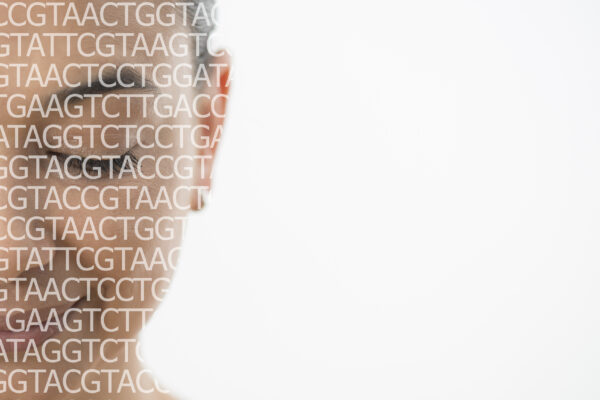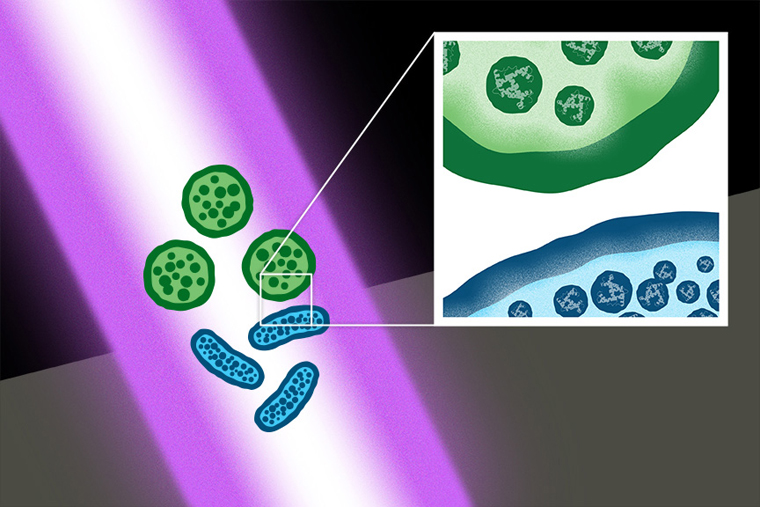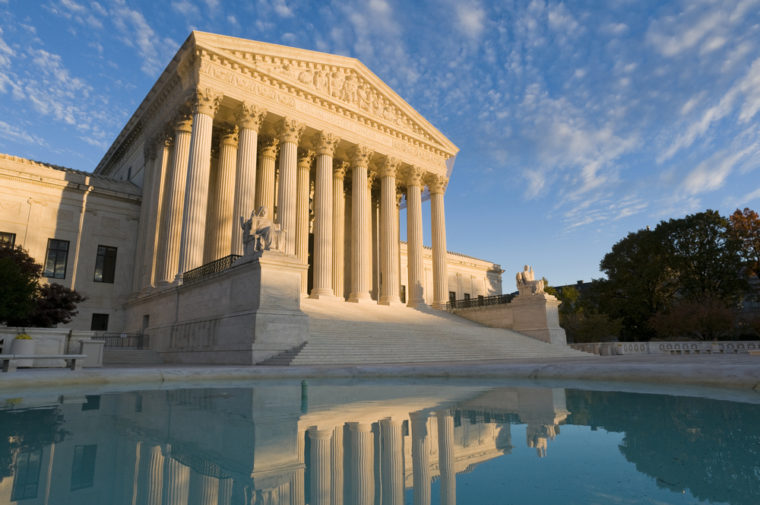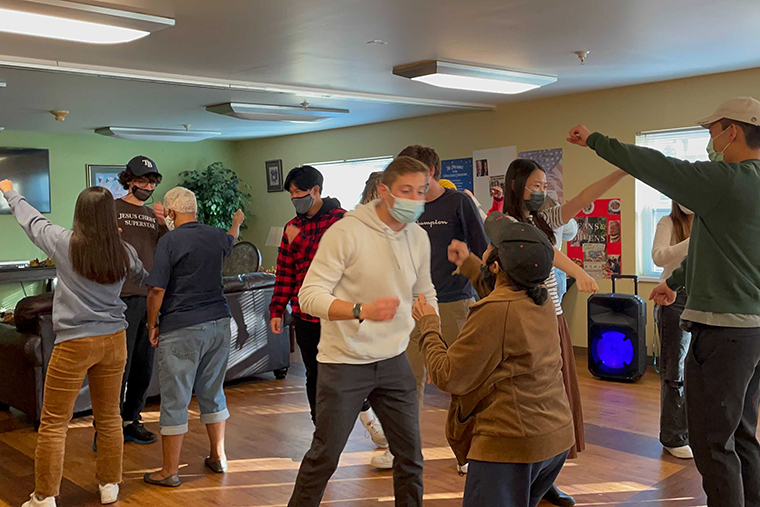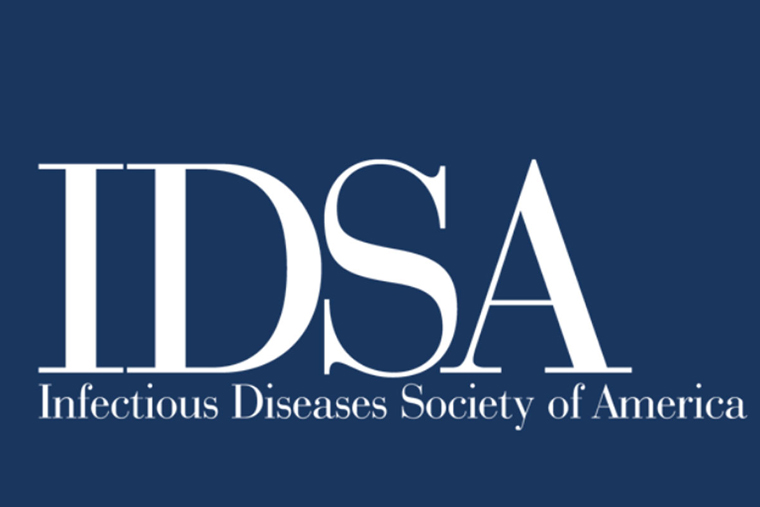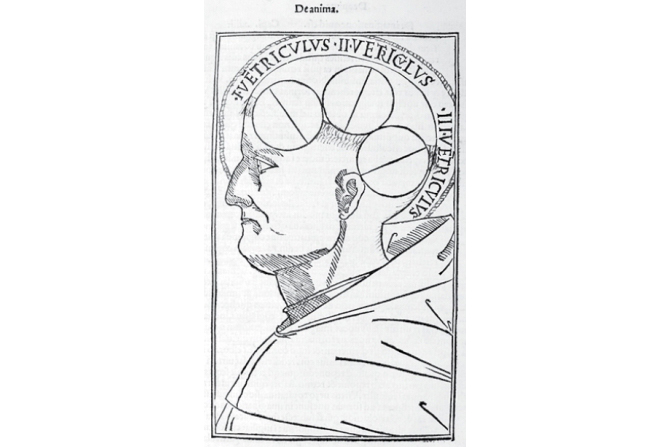|
| ||||||||||
Top stories | ||||||||||
| ||||||||||
| ||||||||||
| ||||||||||
| ||||||||||
| ||||||||||
Events | ||||||||||
| ||||||||||
| ||||||||||
| ||||||||||
| ||||||||||
WashU in the News | ||||||||||
Omicron’s best- and worst-case scenarios
The ATLANTIC | ||||||||||
New lead testing approach could reveal higher levels in water
PBS Newshour | The Associated Press | ||||||||||
What humanity should eat to stay healthy and save the planet
Nature | ||||||||||
How US gun culture stacks up with the world
CNN | ||||||||||
Campus and community news | ||||||||||
|
| ||||||||||
Perspectives | ||||||||||
A muse of early AmericaAbram Van Engen of Arts & Sciences, a scholar of early America, says we continue to learn about Puritan poet Anne Bradstreet and what her work meant in her time — and in ours. He offers a glimpse of his book-in-progress, “Anne Bradstreet’s World.”
Center for the Humanities | ||||||||||
| ||||||||||
|
|

